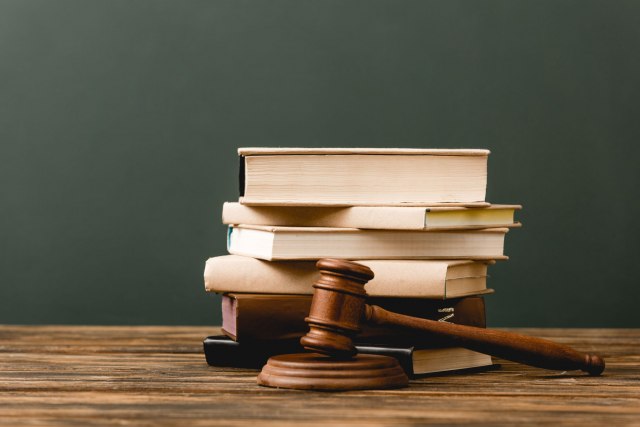
PROTEST AGAINST REDUCING THE AGE FOR RETIREMENT THROUGH THE “SMALL DOORS” AND WITHOUT PUBLIC DEBATE
11/06/2021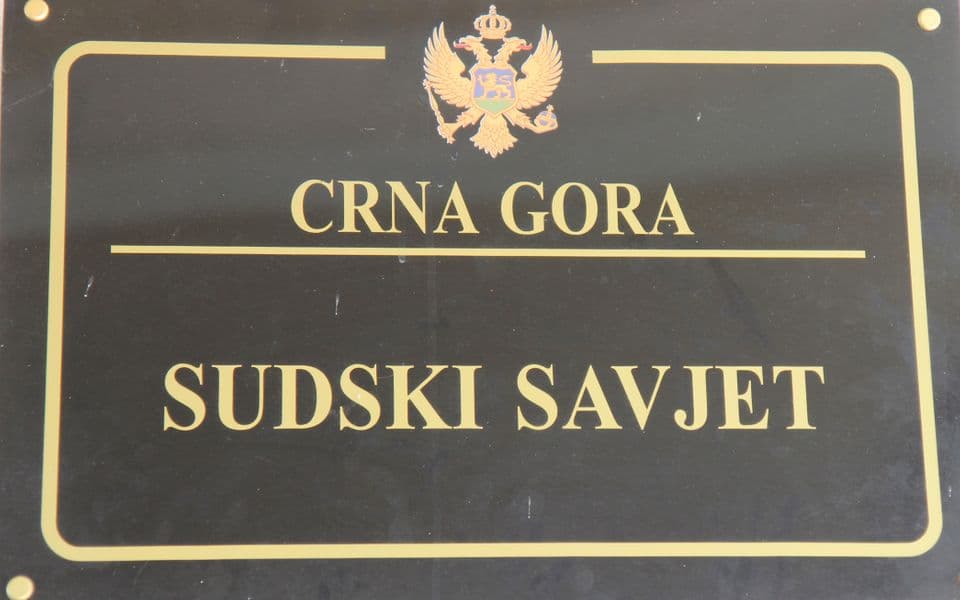
The Judicial Council published the CVs and work programmes of candidates for President of the Supreme Court
17/06/2021THE ELECTION OF THOSE ON TOP OF THE JUDICIAL POWER: IT IS NECESSARY TO PUBLISH THE CVs AND WORK PROGRAMMES OF ALL CANDIDATES, AND TO OPEN THE INTERVIEWS TO THE PUBLIC
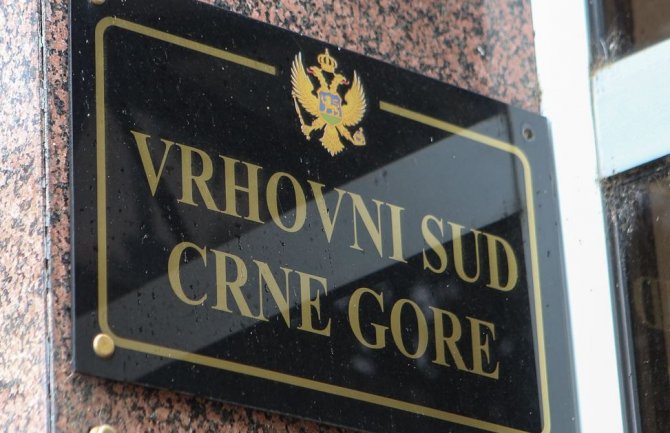
Today, we asked the Judicial Council to publish the CVs and work programmes of the candidates who have applied for the position of President of the Supreme Court, and the General Session of the Supreme Court to make the interviews it will be conducting with them open to the public.
Pursuant to the Law on the Judicial Council and Judges, candidates for the position of court president are required to submit – together with their application – a work programme containing a proposal for the organisation of work in the court, with indicators of improvement for a period of five years. Besides the performance evaluation and the interview, the candidate’s work programme is one of the three criteria for the election.
As an example of good practice from the region, we highlight Croatia, where the process of electing the President of the Supreme Court is currently under way. The Croatian Judicial Council immediately published the CVs and work programmes of all the candidates who have applied, and these are available on its Internet presentation, at: http://www.dsv.pravosudje.hr.
In Montenegro, the work programmes of candidates for court presidents are not published in advance; moreover, they are not submitted even once the election procedure has been completed.
Back in 2019, the Human Rights Action addressed the Judicial Council with a request for free access to information, asking to see the work programmes of the candidates who applied for the position of President of the Commercial Court of Montenegro, as well as those of candidates for president of the Basic Courts in Kotor, Bar, Plav, Rožaje and Podgorica. They all applied for public competition no. 01-8180/18-3 of 11 January 2019. The Judicial Council rejected our request in its entirety, because “publishing the requested information would threaten the independence of the judges, discredit the judges in the eyes of the public, make them vulnerable to attempts to exert influence, and expose them to verbal and other attacks”. Two years have passed, but the Agency for the Protection of Personal Data and Free Access to Information has yet to decide on HRA’s appeal against this decision of the Judicial Council.
We recall that work programmes submitted by candidates are also commented on during public interviews conducted with them, and that there is therefore no reason why they should not be published before the election decision is made.
The procedure for electing the President of the Supreme Court is as follows: based on the Law on the Judicial Council and Judges, all the candidates who meet the prescribed requirements first have an interview with the General Session of the Supreme Court, following which a single proposed candidate is selected by secret ballot and a two-thirds majority of the total number of judges of the Supreme Court. Finally, the Judicial Council conducts a public interview with the selected candidate and makes a decision on his/her election.
As the public can only attend the Judicial Council’s interview with that one candidate, we believe that the General Session should open to the public the interviews it conducts with all the candidates who have applied, thus improving the transparency of the election procedure, especially since it is the Supreme Court that takes the key decision.


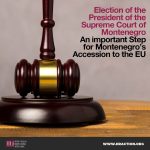

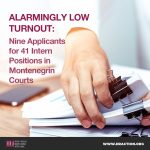
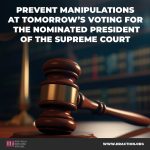
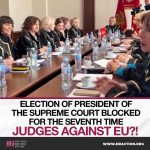
 English
English